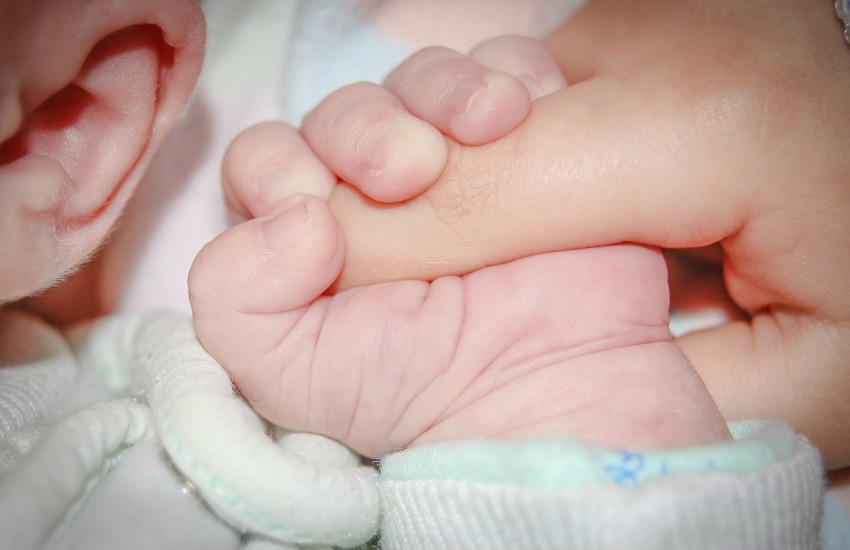Surrogacy has received a lot of attention in the past year, both in Australia and abroad. However, if you are intended parent opting for surrogacy in Australia, do your research and investigation in the same regards beforehand.
Over viewing surrogacy laws in Australia
Surrogacy laws in Australia vary as per the respective state and territory. Moreover, there are stringent rules and eligibility requirements that must be met before a surrogacy agreement can be entered into and performed, as well as in what circumstances this may be done, in every jurisdiction (with the exception of the Northern Territory, where there are no surrogacy laws).
On the other side, International law also regulates some facets of surrogacy. That said, this article does not thoroughly analyze each jurisdiction’s legal stance. So, it is recommended that anyone thinking about being a surrogate seek independent legal counsel in regards to surrogacy in Australia.
Moreover, surrogacy laws in Australia permits surrogacy in what are known as “altruistic” cases, which are those in which the surrogate receives no financial compensation other than “reasonable” medical costs. Contrarily, business agreements, also known as “paid” surrogacy, are typically illegal in Australia.

Who can opt for surrogacy in Australia?
• Anyone can be an intended parent in New South Wales, Tasmania, Queensland, and Victoria, regardless of sex, marital status, or sexual orientation. In contrast, only heterosexual married or de facto couples, or single women, are eligible in the other States and the ACT.
• All States barring the ACT require the surrogate to be at least 25 years old, while Tasmania, Victoria, and Western Australia only permit surrogacy if the surrogate has previously given birth to a child.
• However, some jurisdictions (New South Wales, Tasmania, Queensland, and Victoria) also permit surrogacy when there is a social motive.
• Most jurisdictions demand that there be a medical requirement for the surrogacy (e.g. a same-sex couple). The ACT does not stipulate that a social or medical need must exist for the surrogacy, and Western Australia expressly disallows age as a valid medical justification.
• It is illegal for residents of New South Wales, the ACT, and Queensland to engage in commercial surrogacy arrangements abroad. This indicates that these individuals may be charged with an offense, which carries a possible fine or jail sentence.
• In the remaining states, it is legal to enter into commercial surrogacy agreements abroad; nevertheless, because of the ban on such agreements, the intended parent(s) may be unable to acquire or find it difficult to secure a parentage order even after taking care for surrogacy cost in Australia.
• Additionally, each jurisdiction has a separate procedure for transferring parental rights from the surrogate to the intended parents, especially in cases of international surrogacy agreements (we talk about this more below). However, in general, parenthood can be transferred from the surrogate to the intended parent(s) by a court application for a “parentage order” provided parents can meet all the prerequisites.
• Except where it provides for the surrogacy cost in Australia, a surrogacy agreement is generally not enforceable in the country. This means that the arrangement cannot be used to force a surrogate who refuses to give up the child. If she won’t, the only option left to the intended parent(s) is to request a parenting order from the Family Court directing the child to reside with them.
Why there is a big increase in International surrogacy in Australia?
According to reports, the majority of clients for overseas surrogacy agreements are Australians. The prohibitive nature of commercial surrogacy, the discriminatory laws that exclude same-sex and single intended parents in a number of Australian States, the complexity and inconsistency of Australian surrogacy laws, and the ongoing decline in the number of children available for adoption both domestically and abroad are likely to be to blame in this regard.
That said, Australians are among those who seek foreign surrogacy arrangements the most; from 2008 to 2012, 420 citizenship applications for children born through commercial surrogacy arrangements were made, and in 2011, 394 Australian nationals gave birth to infants in India. Australia’s top three commercial surrogacy destinations are India, Thailand, and the United States (particularly California), with Canada also becoming more and more popular.
Still, due of the challenges in obtaining citizenship for surrogate children and legal recognition of the intended parents, using international surrogacy agreements can be challenging.


